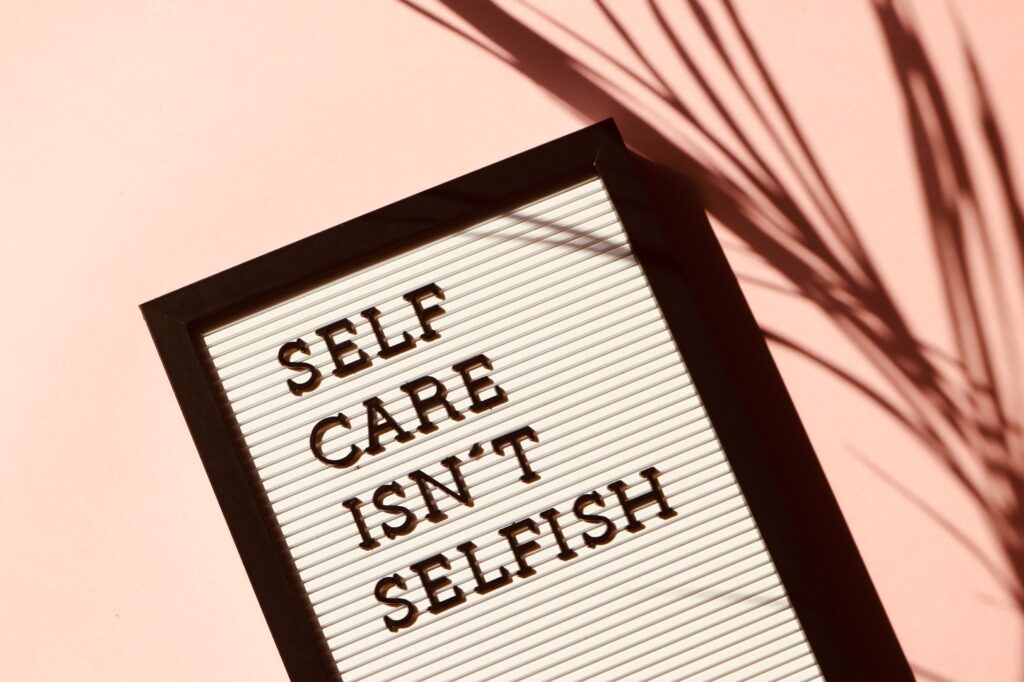Emotional strength is the ability to cope with stress, bounce back from setbacks, and build and maintain healthy relationships. It’s important for our overall well-being, as it allows us to live a happier and more fulfilling life.
In today’s world, it’s more important than ever to be emotionally strong. We are constantly bombarded with negative news, social media, and other stressors. It can be easy to let these things get to us and start to feel overwhelmed. But if we can learn to manage our emotions in a healthy way, we will be better able to cope with whatever life throws our way.
Here are 6 tips on how to become emotionally strong:
- Acknowledge your emotions: The first step to managing your emotions is to acknowledge them. Don’t try to bottle them up or pretend they’re not there. Instead, allow yourself to feel whatever you’re feeling, even if it’s uncomfortable.
- Express your emotions in a healthy way: Once you’ve acknowledged your emotions, you need to find a healthy way to express them. This could involve talking to a friend or therapist, writing in a journal, or exercising, which helps people to become emotionally strong.
- Don’t let your emotions control you: It’s important to remember that your emotions are just temporary states of being. They don’t define you and they don’t have to hold your behavior.
- Take care of yourself: When you’re feeling emotionally stressed, it’s important to take care of yourself. This means getting enough sleep, eating healthy foods, and exercising regularly.
- Build strong relationships: Our relationships are one of the most essential things in our lives. They can provide us with support and love when we need it most.
- Set boundaries: It’s important to set boundaries with others and protect your own emotional well-being. This means saying no when you need to and not letting others take advantage of you.
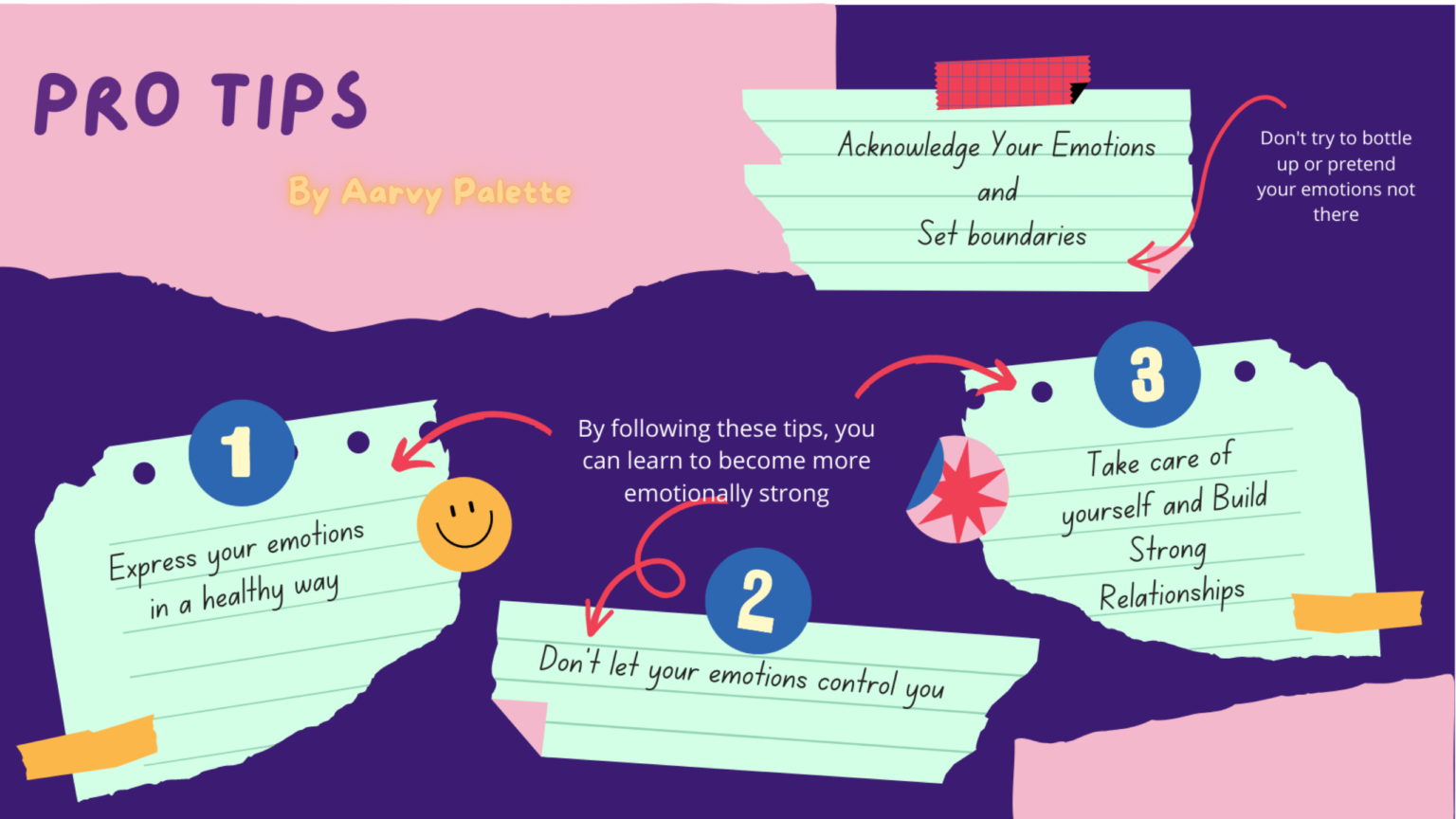
By following these tips, you can learn to become more emotionally strong and better able to cope with whatever life throws your way.
What happens when we suppress our emotions?
Emotions are a normal part of life. We all experience a wide range of emotions, from happiness to sadness, anger to fear. While it’s natural to want to avoid unpleasant emotions, suppressing them can have negative consequences.
When we suppress our emotions, we try to push them away or ignore them. This can be done consciously or unconsciously. We may try to bottle up our emotions, pretend we’re not feeling anything, or distract ourselves from them. If you want to become emotionally strong, then make sure not to suppress your emotions.
Suppressing our emotions can lead to a number of problems, including:
- Physical health problems: Suppressing our emotions can lead to physical health problems, such as headaches, stomachaches, and muscle tension. It can also weaken our immune system and make us more susceptible to illness.
- Mental health problems: Suppressing our emotions can also lead to mental health problems, such as anxiety, depression, and post-traumatic stress disorder (PTSD).
- Relationship problems: Suppressing our emotions can make it difficult to connect with others and build healthy relationships. We may withdraw from others or lash out at them in anger.
- Decision-making problems: When we suppress our emotions, we may make poor decisions because we’re not thinking clearly. We may also be more likely to make impulsive decisions that we later regret.
- Low self-esteem: Suppressing our emotions can damage our self-esteem. We may start to believe that we’re not good enough or that we don’t deserve to feel happy. Which will never help you to become emotionally strong.
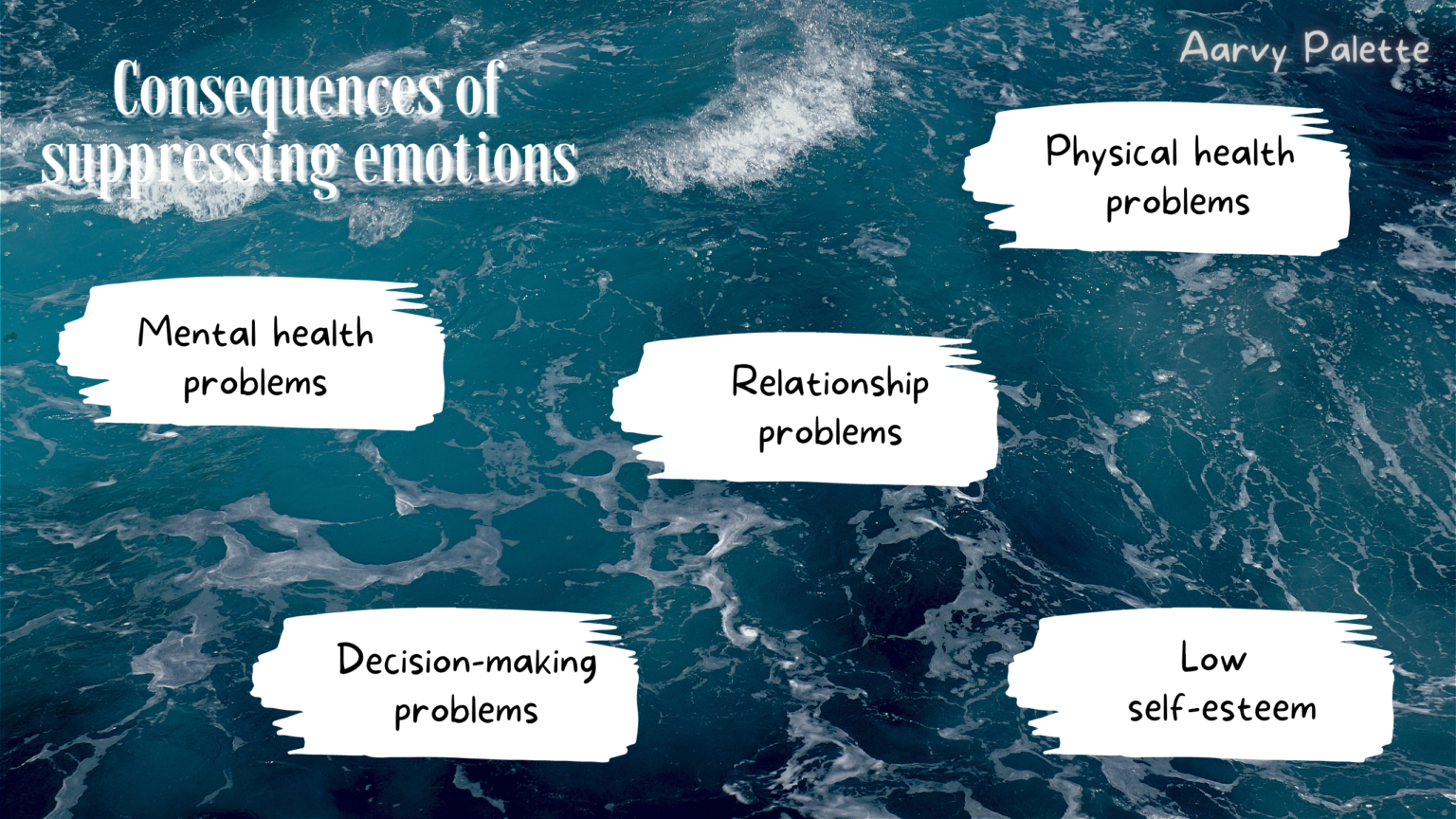
If you’re struggling with suppressing your emotions, there are things you can do to help yourself. Here are a few tips:
- Acknowledge your emotions: The first step is to acknowledge that you’re feeling something. Don’t try to push your emotions away or ignore them.
- Express your emotions in a healthy way: Once you’ve acknowledged your emotions, you need to find a healthy way to express them. This could involve talking to a friend or therapist, writing in a journal, or exercising.
- Seek professional help if needed: If you’re struggling to manage your emotions on your own, it’s important to seek professional help. A therapist can help you learn to cope with your emotions in a healthy way.
Like this page ? share it with your friends !
- All
- Beauty & Fashion
- Finance
- Health
- Personal Finance
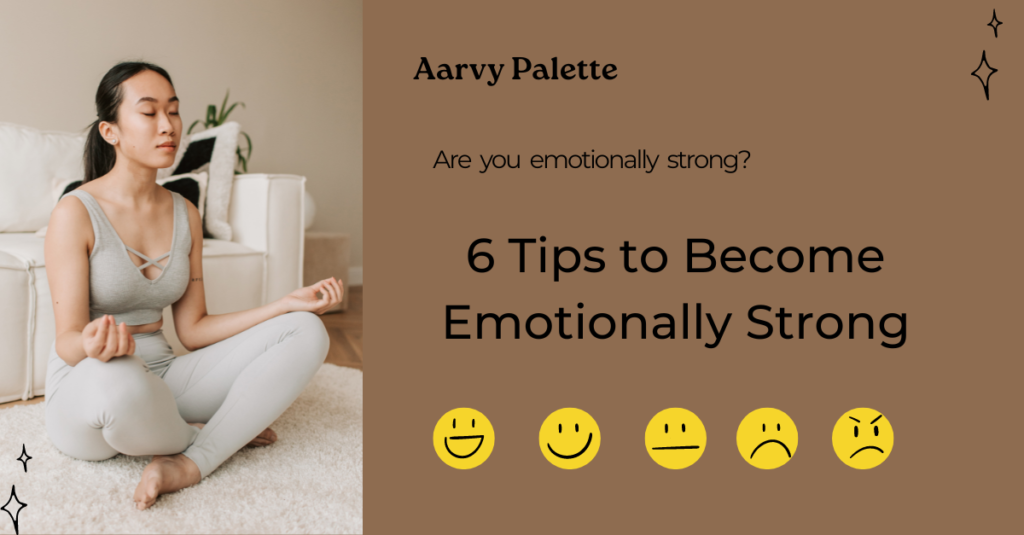
Are you emotionally strong? 6 tips to become emotionally strong

7 Streams of Income: Everything you need to know to become a millionaire!

12 Best Ideas to Start a Side Hustle and Make Extra Money

Classic Spring Fashion 2024: Timeless Trends You Can’t Miss!

Mukesh Ambani’s Masterclass: 14 Real-World Business Lessons for Success
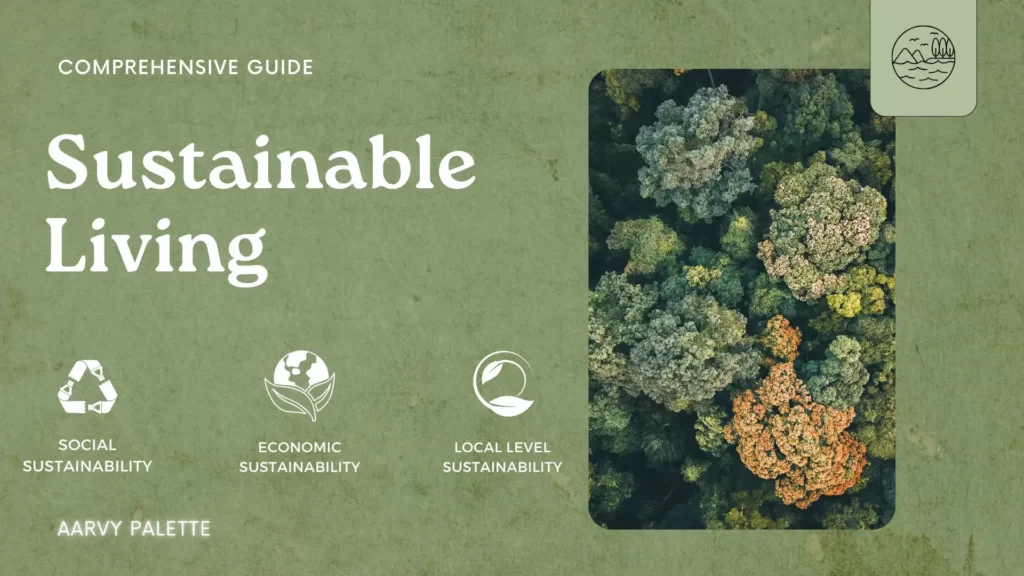
Sustainable living: A comprehensive guide #1
